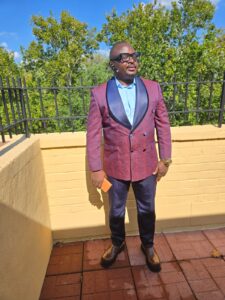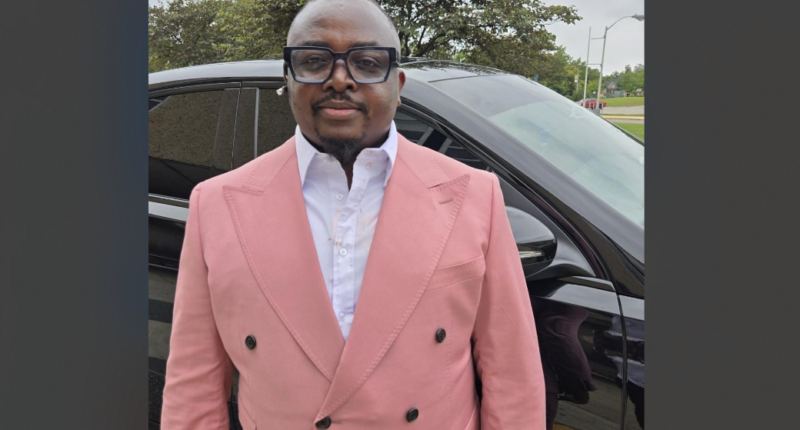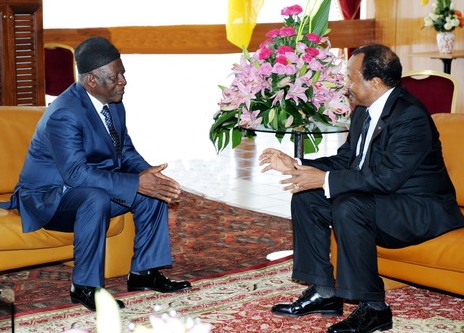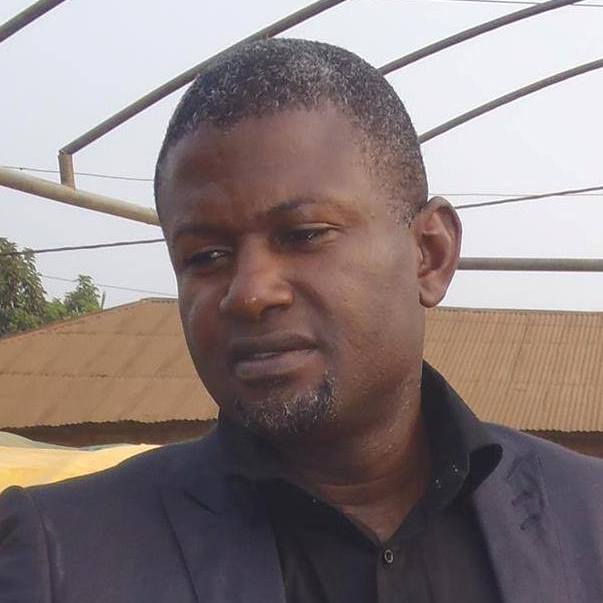A Decisive Moment for Ambazonia: Why Issa Tchiroma Bakary’s Rise Must Be Met with Readiness and Unity
By a staunch Ambazonian — Dr. Marcelius Atanga
Former University of Buea Student Union President | Member of SCNC | Leader of Ambazonia Struggle | Pan-Africanist
A Political Earthquake in Yaoundé — and Its Ripple Effects
Cameroon’s political landscape has been shaken by what some analysts are calling a “political earthquake.” The surprising rise of Issa Tchiroma Bakary — a longtime regime insider turned opposition standard-bearer — has sparked rare conversations about reform, reconciliation, and the long-frozen Anglophone crisis.
Tchiroma’s dramatic pivot, marked by public apologies for past statements defending government actions in the Anglophone regions, has positioned him as an unlikely advocate for change. His recent pledges to free political prisoners, grant amnesty, and open dialogue with separatist leaders have opened a small but significant window of opportunity — one that many Ambazonians believe must be seized strategically.
“This moment is not about naïve hope,” writes Dr. Marcelius Atanga, a former University of Buea Student Union President and veteran of the Ambazonian struggle. “It’s about unity, preparedness, and clarity of purpose.”
Tchiroma’s Turn: From Regime Defender to Advocate of Reconciliation
In recent weeks, Tchiroma has gone further than any major Cameroonian politician in publicly acknowledging the suffering in the English-speaking regions. He has spoken of national reconciliation, amnesty for detainees, and early actions during a potential transition period — all of which, if implemented, could reshape the humanitarian and political landscape.
Observers note that even partial follow-through on these promises could ease repression, reunite families, and reopen civic space for dialogue and reconstruction in the North West and South West regions.
Why This Moment Matters for Ambazonia
For Ambazonians, the potential shift in Yaoundé is not just political theatre — it is a strategic inflection point. As Dr. Atanga explains, Tchiroma’s platform, if realized, could alter the struggle in three key ways:
-
Humanitarian Relief:
The release of political prisoners and an end to arbitrary detentions would immediately restore hope to families torn apart by the conflict. Human rights organizations such as Amnesty International have long decried the abuses in detention facilities. An amnesty could provide long-awaited dignity and justice. -
A Platform for Negotiation:
A government willing to talk and offer amnesty opens the door to structured political dialogue — whether about decentralization, language rights, or more profound constitutional questions. Repression becomes a political issue that can be debated and resolved. -
International Traction:
A credible reform agenda would draw renewed engagement from diplomats, the United Nations, and regional actors — bringing international monitoring, mediation, and pressure for durable peace.

Atanga Marcelius, Ambazonia Activist
Preparation, Not Passivity
But Atanga warns that “openings from above” can be quickly co-opted or reversed. For Ambazonians, he insists, preparation is the key to survival and progress.
He outlines three urgent steps:
-
Unite and Speak with One Voice:
“Fragmentation is our greatest weakness,” he writes. Ambazonians must coordinate across factions — from civil society and traditional authorities to diaspora groups — to articulate clear, shared demands and a unified negotiation front. -
Engage Stakeholders Proactively:
Diplomatic and civil society outreach should begin now, not when talks are announced. “You do not build credibility on the eve of negotiations,” he cautions. Engagement should target sympathetic diplomats, human rights monitors, and pragmatic voices within the Cameroonian state. -
Prepare to Negotiate Seriously:
Effective negotiation requires documentation: lists of detainees, evidence of abuses, and clearly defined red lines. Atanga stresses the need for legal, moral, and political readiness — and the discipline to know what can be traded, and what must never be compromised.
Hope, Tempered by Vigilance
Atanga tempers optimism with realism. Cameroon’s history of “promises without implementation” demands that any reforms or amnesties be accompanied by verification mechanisms, independent monitoring, and truth and reparations for victims.
“If Tchiroma delivers — even partially — we must seize those gains,” he writes. “If he fails or stalls, our preparedness will allow us to respond coherently and forcefully.”
Conclusion: Unity, Strategy, and Principle
For Dr. Atanga and many within the Ambazonian movement, the coming weeks could define the next decade of the struggle.
“This is not a time for factional showmanship,” he concludes. “It is a time for discipline: organize, document, engage, and be ready to negotiate from strength. In unity, with clear demands and solid preparation, we can transform a fleeting political opening into lasting justice and peace.”
BaretaNews Analysis:
While skepticism remains deep among Ambazonians about any reformist rhetoric from Yaoundé, Tchiroma’s unexpected shift has undeniably altered the conversation. Whether it marks the beginning of genuine change or another cycle of false dawns will depend not only on actions in the capital — but also on how effectively Ambazonians organize, unite, and act in this pivotal moment.





